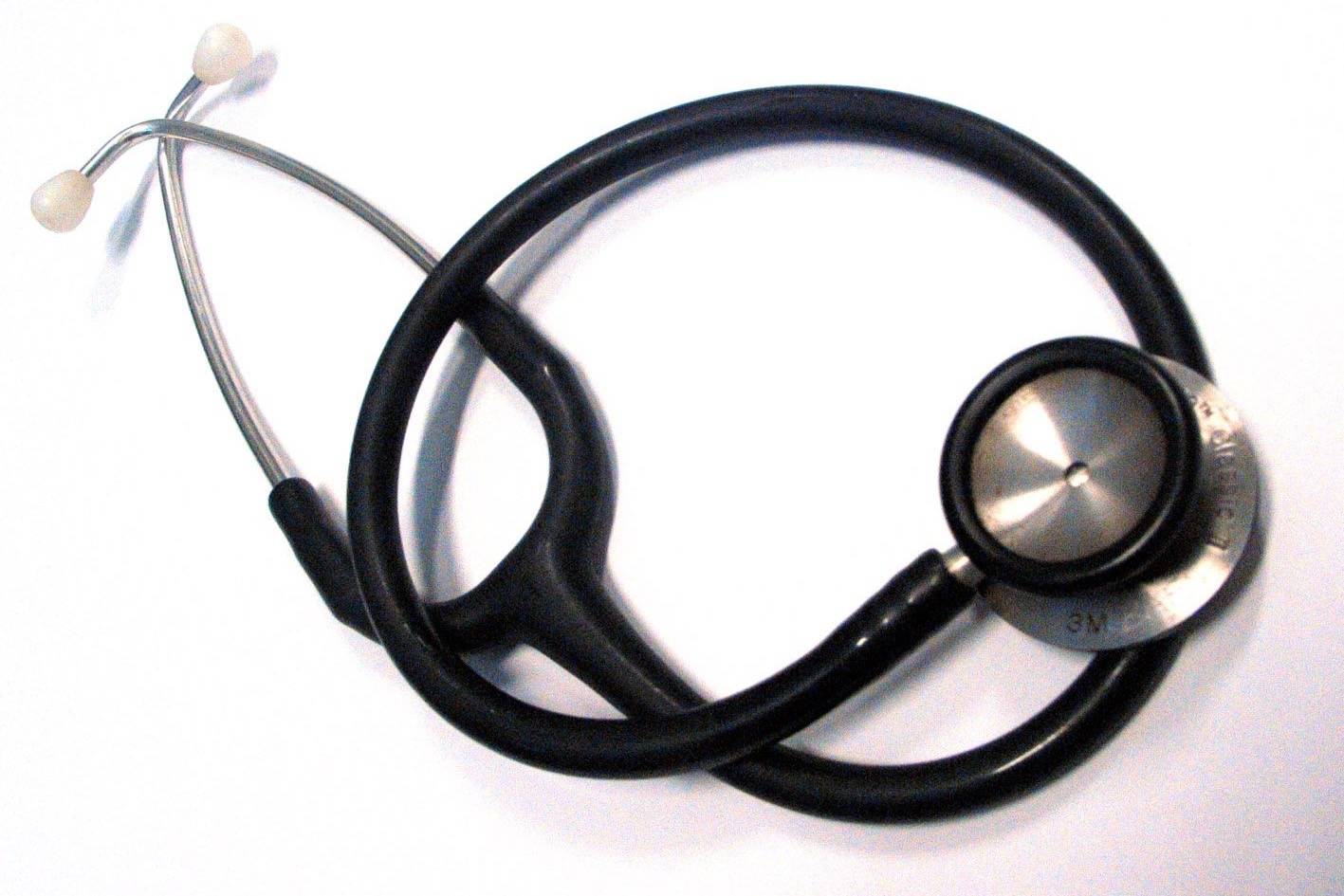By MultiCare Health System
Millennials, take note: Colorectal cancers aren’t just a disease of the middle-aged and elderly anymore. Increasingly these cancers strike people in their early adult lives.
“No one knows the exact reason why,” said Laila Rashidi, MD, with MultiCare Colon and Rectal Surgery. “People born after 1990 have pretty much double the risk for colon cancer and four times the risk for rectal cancer compared to the 1950s.”
And often, these younger patients have a more advanced cancer at diagnosis because cancer isn’t high on their radar — so they often delay reporting symptoms to a doctor.
“We’re seeing patients in their 20s, 30s and 40s,” said oncologist Anuradha Belur, MD, who practices at the MultiCare Regional Cancer Center in Auburn. “Most medical oncologists have patients in these age groups.”
Dr. Belur says colorectal cancer in younger patients is often life-altering.
“It’s affecting these patients in their most productive years, when they’re working and raising children or trying to start a family,” Belur said.
Rashidi says about 10 percent of colorectal cancers are now diagnosed in patients under 50, which has led the American Cancer Society to lower the recommended age for a first screening colonoscopy to 45 for people at average risk.
Belur says the incidence of colon cancer is rising faster in those under 50 than it is in those over 50, at least in part because screening colonoscopy can catch potentially cancerous polyps before they become malignant.
Among the risk factors for developing colorectal cancer are genetics. Anyone with a first-degree relative diagnosed with colorectal, breast or uterine cancer appear to be at a higher risk and may need to start screening colonoscopies sooner, according to Rashidi.
While you can’t do anything about your genes, Rashidi and Belur say lifestyle can be a significant risk factor for colorectal cancers. Obesity, consumption of processed meats, a diet low in fiber, smoking and alcohol consumption are all linked to higher rates of colorectal cancer.
Dr. Belur says maintaining a normal BMI, avoiding processed meats and alcohol, eating a high-fiber diet emphasizing fruits and vegetables and getting plenty of exercise are the best ways to protect yourself from colorectal cancers.
Even following those recommendations isn’t a guarantee. Both doctors also urge primary and urgent care providers and patients of all ages to take symptoms seriously and get answers. Because colon cancer has typically been rare in people under 50, symptoms like rectal bleeding are often assumed to be caused by hemorrhoids.
“No one says, ‘Have you had a colonoscopy?’” Rashidi said.
When working with residents and fellows, Rashidi says she impresses on them that anytime a patient presents with a complaint of rectal bleeding, they must do a physical examination which will help to diagnose any rectal or anal cancer.
Other symptoms include a change in bowel habits or narrowed stool, abdominal pain or unintentional weight loss. And while there certainly are benign causes for these symptoms, it’s important to find out, Rashidi says.
The best diagnostic tool for colon cancer is a colonoscopy. During a colonoscopy the doctor can remove any suspicious polyps and have them tested, sometimes removing them before they become malignant. CT scans can also be helpful in diagnosing colorectal cancer.
The good news is that when it’s caught early, colorectal cancers are very treatable, Rashidi says. And the treatments have improved dramatically.
“If you detect it earlier it’s not a bad process,” she said. “It’s not like 40 years ago. But early detection is the key.”
Talk to your primary care doctor about the best screening options and recommendations for your particular situation.
MultiCare Health System is a not-for-profit health care organization with more than 18,000 employees, providers and volunteers.


